How To Get A Job in Fashion in 2019
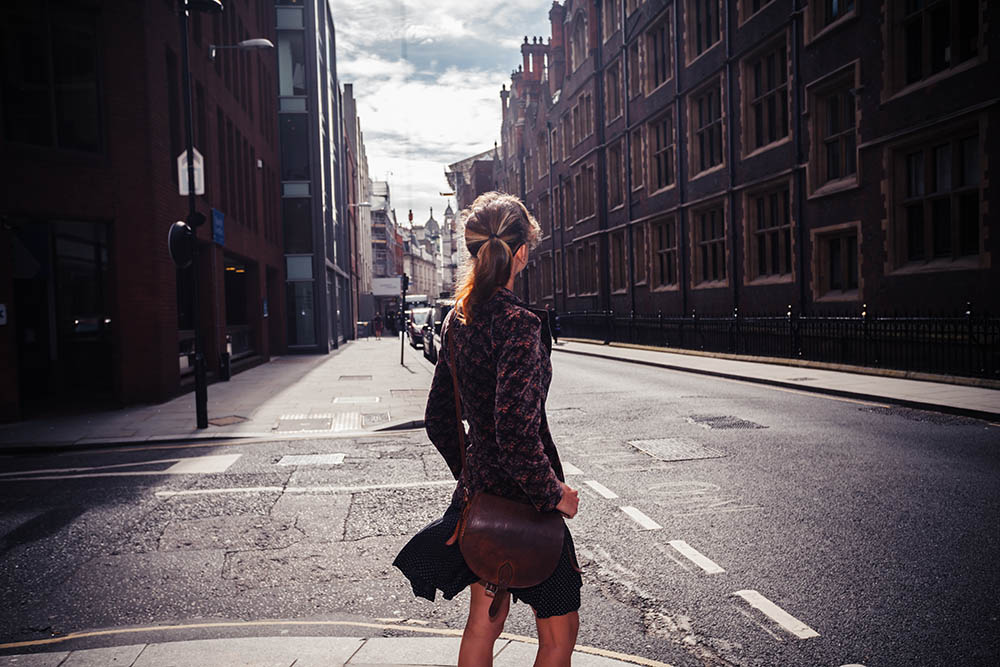
By co-founder of LovetheSales.com, Stuart McClure.
A jarring prospect for a fashion student is looking for that first entry level job.
The fashion industry has a reputation for being a difficult profession to break into. An important first step is to do your research on the role you would be most suited for. This article will walk you through the type of roles in fashion and the skills you would need for each one.
Internships & Work placements
Some entry level roles won't require a work placement, but the more experience you have the more you will stand out as a candidate. If you have time over the summer you should check websites like RateMyPlacement and StudentJob for short-term internships in your area.
Trying a number of different Internships is a great opportunity to figure out which field in the fashion industry you are more suited to.
Do you need a degree in fashion?
It's not a must for all entry roles in fashion. However, a degree is important in showing a level of commitment and understanding of the job you are applying for.
That being said, positions like fashion buyers, pr execs, merchandisers and stylists don't necessarily require a degree. For more technical positions like a fashion photographer, designer and makeup artist you would need a degree or some form of training, this is to display a basic level of skill in the role you are applying for.
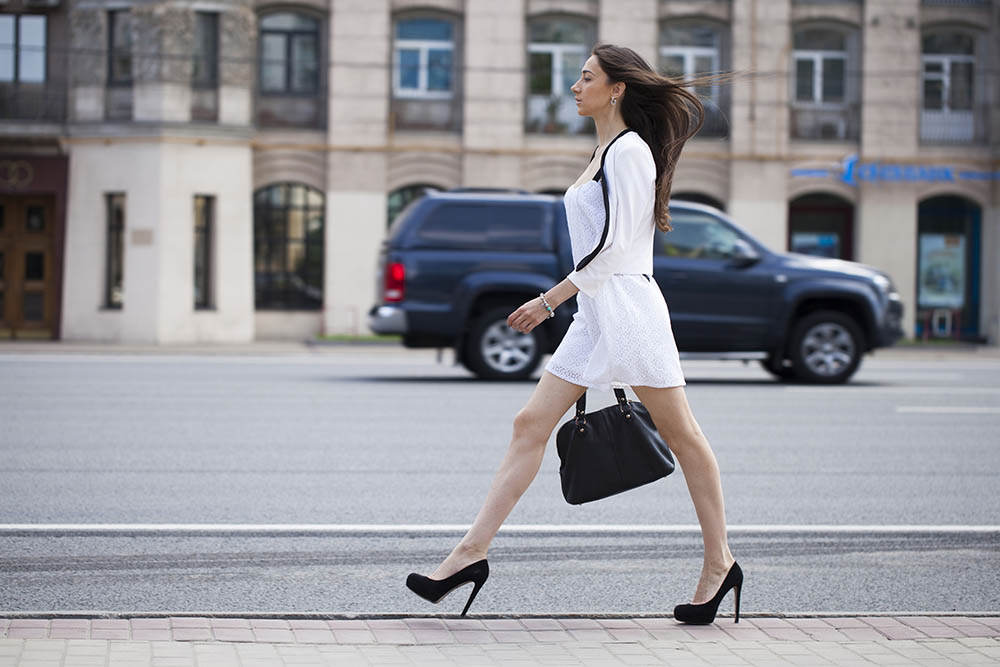
What are the types of entry level jobs in the Fashion Industry
Over half a million people are currently employed by the fashion industry in the UK. There are a wide variety of jobs that you might not have considered which could be right for you.
A regular concern for students is if the role they are applying for is right for them. Let's take a look at some of the entry level jobs you can find in fashion.
1.Fashion Marketing & PR
Example roles
Marketing Assistant, PR Assistant, Content Executive, eCommerce Assistant, Social Media Marketing Assistant
What’s involved?
The Fashion marketing team are responsible for promoting a business and its product range. It’s their job to find new customers and engage with existing ones.
Depending on which area of marketing you work within, a typical day could include writing press releases, producing content for the blog or website, managing and growing the companies’ social media presence, running pay per click ad campaigns, producing marketing emails or running reports on campaign performance.<
What skills do I need?
Employers are looking for creatives, individuals that are good with numbers or great at networking. Being friendly and approachable is a big plus.
2.Fashion Journalism
Example entry level roles
Junior Copywriter, Editorial Assistant
What’s involved?
Fashion journalists write about anything fashion related, usually for newspapers or fashion magazines or websites. They need to stay on top of trends, follow up and coming designers and keep a keen eye on celebrity fashion (or fashion faux pas!).
You’ll often find them at fashion shows or events, or interviewing fashion designers / leaders within the industry.
What skills do I need?
An Excellent understanding of English grammar combined with great copywriting ability. A passion for fashion and the ability to work on multiple concurrent projects with very tight deadlines.
3. Fashion Buying
Example entry level roles
Buying Assistant, Buying Admin Assistant
What’s involved?
The buying team work closely with the business and supply chain to ensure the company is buying the right products and services at the right price. This involves sourcing new and innovative products, producing high quality briefs for suppliers, selecting the right ones and negotiating terms. This requires a good knowledge of market trends and customer buying habits in order to meet sales targets and maximise profits.
What skills do I need?
For this role you’ll need strong administrative skills. Analytical and commercially minded individuals will stand out, as well as those with strong attention to detail and a good sense of style / knowledge of fashion. You’ll also need to be a savvy negotiator to succeed.
4. Fashion Merchandising
Example entry level roles
Allocator, Merchandising Admin Assistant
What’s involved?
Working closely with the Buying and Visual Merchandising teams to plan required quantities of inventory, allocation of stock and launch planning. The Merchandising team are responsible for amending pricing, to ensure the company hits targets in terms of selling through stock each season.
What skills do I need?
Confidence in handling large amounts of data is key, so if you’re an Excel whizz you’ll do well. Employers will seek analytically minded individuals with a commercial focus. You’ll need a high level of attention to detail, as accuracy is important in this role.
5. Fashion Design
Example entry level roles
Design Assistant, Junior Fashion Designer
What’s involved?
The creatives behind the brand; the design team are responsible for designing the clothing, accessories and shoes that are eventually sold on to customers. Armed with a good knowledge of fashion trends, as well as an understanding of the fabrics, colours and styles available to them, designers are responsible for the initial sketching of products, prototype creation and sometimes overseeing production.
What skills do I need?
Creativity, with an eye for colour, texture and pattern. An ability to work to tight deadlines while delivering work with a high level of accuracy - requiring strong attention to detail. Knowledge of InDesign, CAD, Photoshop.
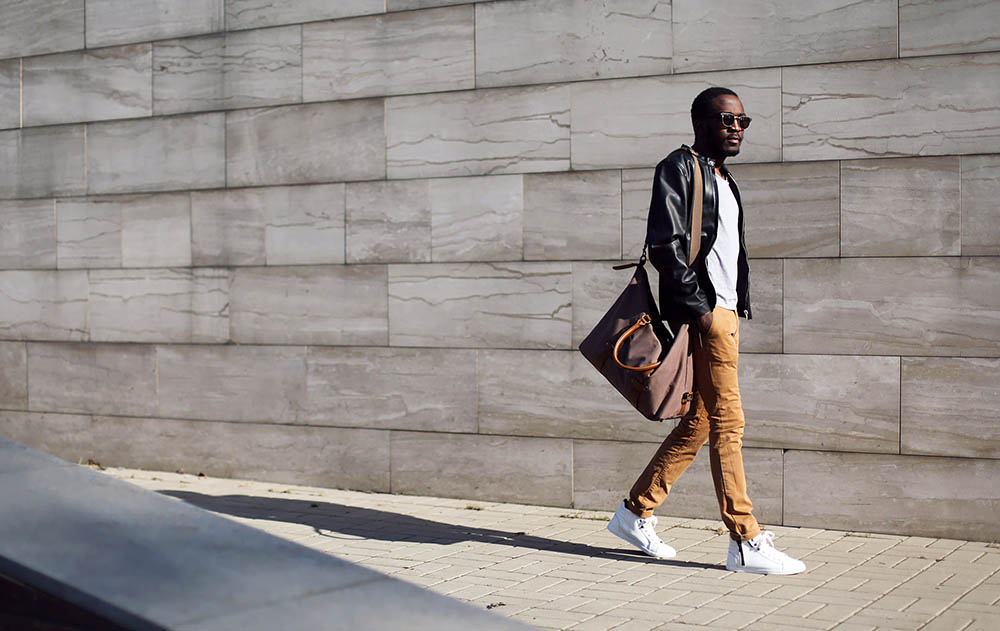
FAQ's
What are the career prospects?
Each career progression will be different, unfortunately there is no magic formula for getting to the top of your field.
For more creative roles like a designer or make-up artist it's important to showcase your skills in a portfolio. A great way to do this is to create a website to have your recent work available to view. You could also create a Pinterest page and pin a collection of your work on your profile.
Meeting people in the industry and forging relationships is important, especially if you are working on a freelance basis. For example, many opportunities in fashion journalism will pass through personal connections before being posted on job sites. Make networking a natural part of your week, here are a couple of networking tips you could start tomorrow:
- Follow influential figures in a particular field on social media
- Send a LinkedIn request to influential figures you want to connect with
- Reach out to your current contact lists, including previous work colleagues, friends and family that might have connections in Fashion
- Speak to members of staff at your University that have connections with working professionals in your chosen field
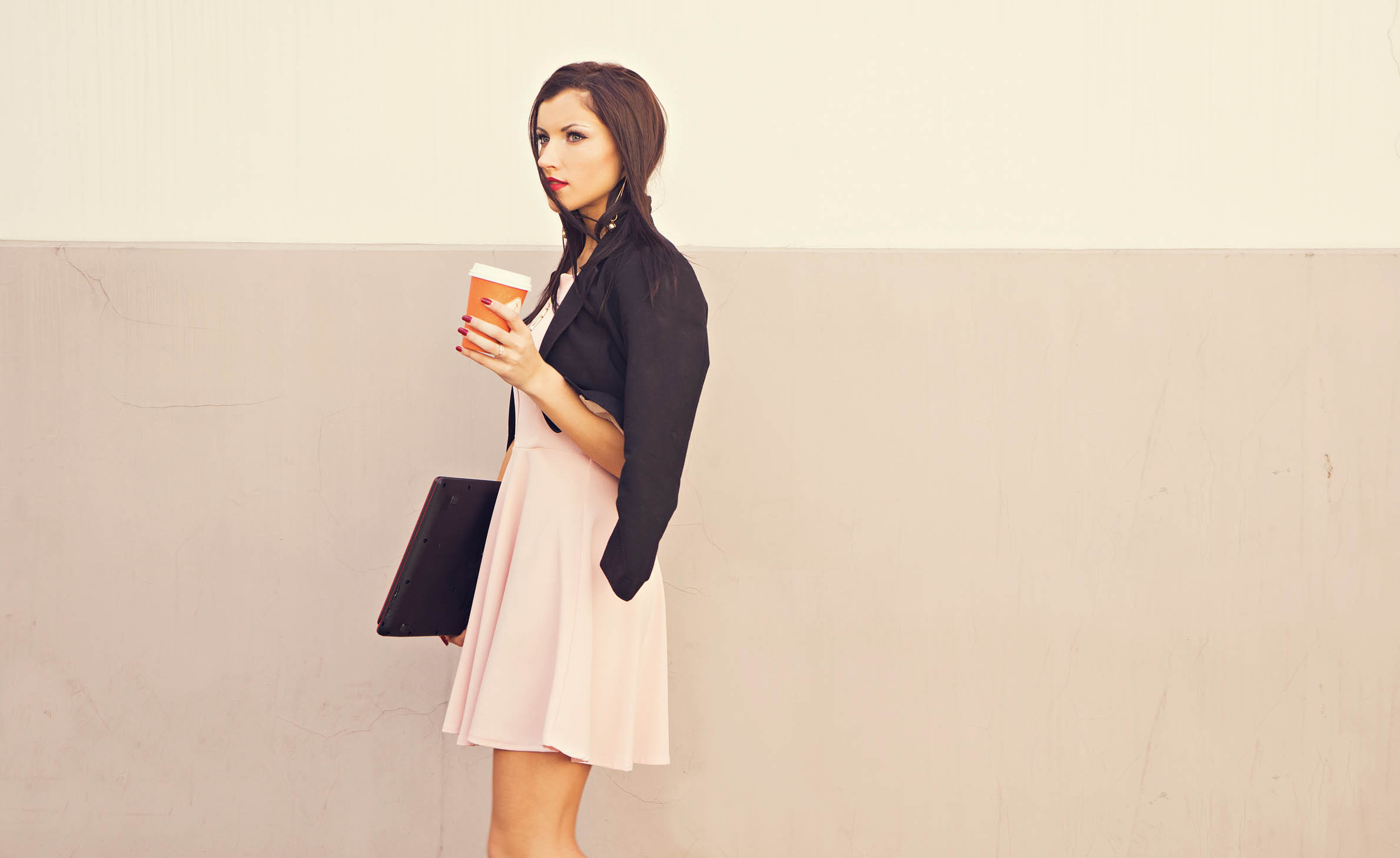
What are the salary prospects?
If you are starting out and building your experience through internships, then salaries will be low. Fashion internships can be unpaid whilst at University, some may just cover travelling expenses. However, it is illegal to offer long term, unpaid internships outside of a University degree.
For the majority of mid to low level roles it will require a hectic work schedule and an unflattering amount of pay. The most important thing is to love what you do, as long as you are enjoying your work you're more likely to get results. If you want to progress onto higher salaries you need to be constantly showing your worth either in the company you work for or in the roles you are applying to.
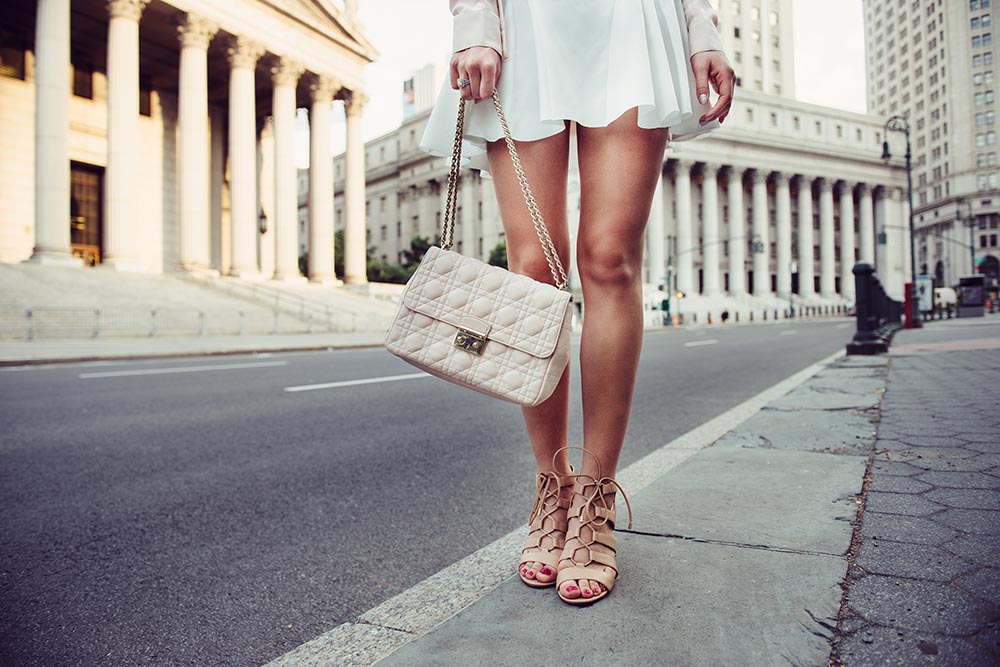
Are there any important contacts I should know?
To find the right contact at top UK fashion magazines, use the email formats below.
Elle
Email: fashion@elleuk.com Work Experience: elleexperience@elleuk.com Twitter: @elleuk
Grazia
Email: firstname.lastname@graziamagazine.co.uk Work Experience: gothinkbig.co.uk Twitter: @graziauk
Marie Claire
Email: inbox@marieclaire.co.uk - Twitter: @marieclaireuk
Stylist
Email: firstname.lastname@stylist.co.uk - Twitter:@stylistmagazine
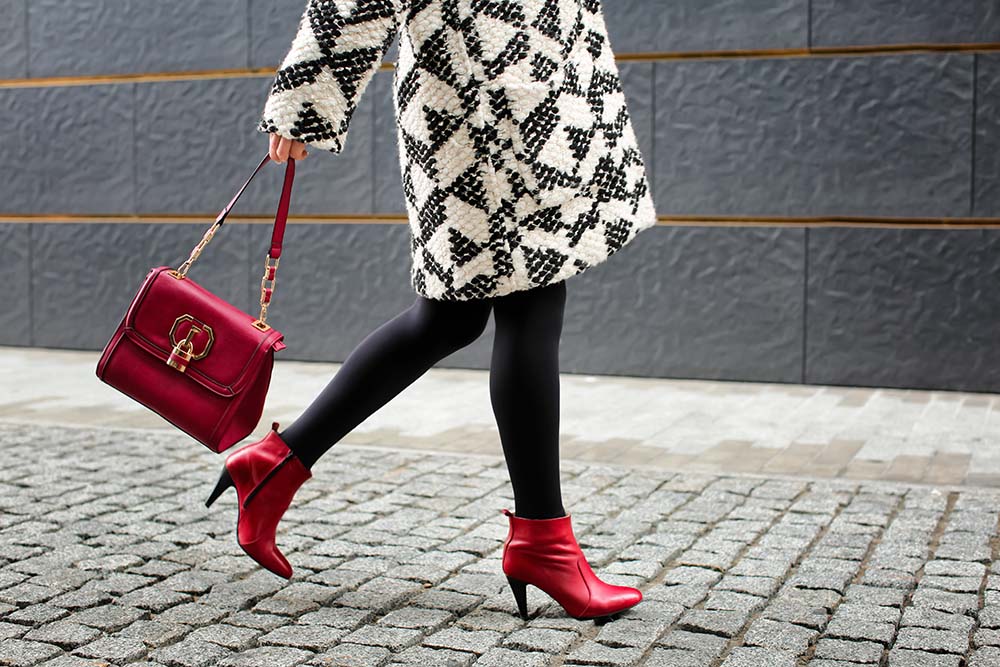
Do you have any tips to help my CV stand out?
Firstly, make sure your CV is easy-to-read, it should have a well laid out structure, one you could find on any jobsite.
A great way to characterise skills on a CV is to order them by topic, if you are applying for a fashion journalism internship, list your writing skills under one block instead of having them scattered and hard to pick out.
Do not add a picture to the resume, I know it's an obvious point but I still see applications where this is the case. Make sure there are no spelling mistakes by using the 5-person test, If you pass your resume around 5 of your friends and family and it comes back with no spelling mistakes then you can tick that off your list.
When it comes to a covering letter make sure you research the company you are applying for and tailor your application. For example, if applying for a visual merchandising role, you might want to point out the previous campaigns their team has worked on, and what you think you can bring to the role.
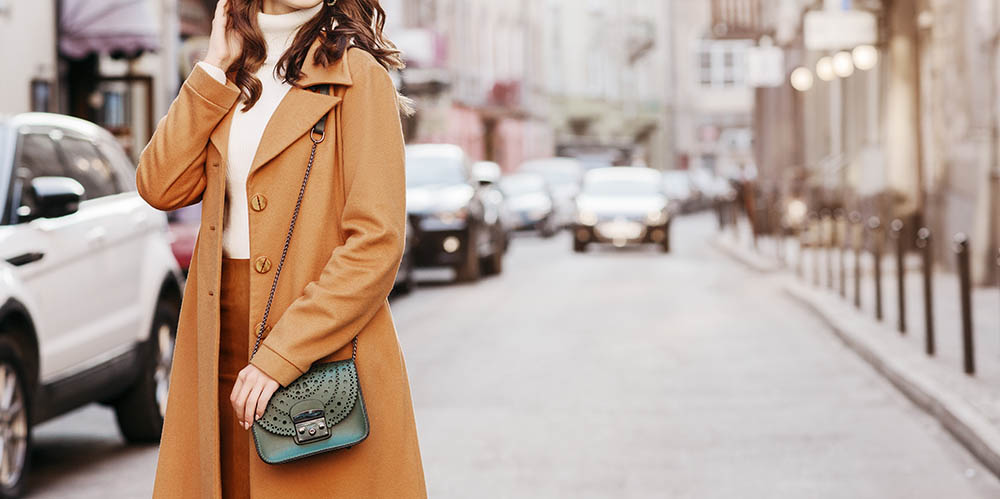
Do I need to have an online presence?
It's not essential but it would help. I would start by building a LinkedIn profile while at university. Research the best ways to optimise your profile to make it stand out. Most new roles these days are advertised online and especially on LinkedIn. It's also a great platform to start connecting with the right people in your industry.
Many students wanting to find a role in fashion journalism or become a copywriter ask me if they should start a blog.
Not every journalist needs a blog, but they a useful-tool for improving your writing skills and can help you practice working to a content schedule. Blogs do take a lot of maintenance, so I would suggest only setting one up if you already had a desire to do so, it shouldn't be a means for just finding a job.
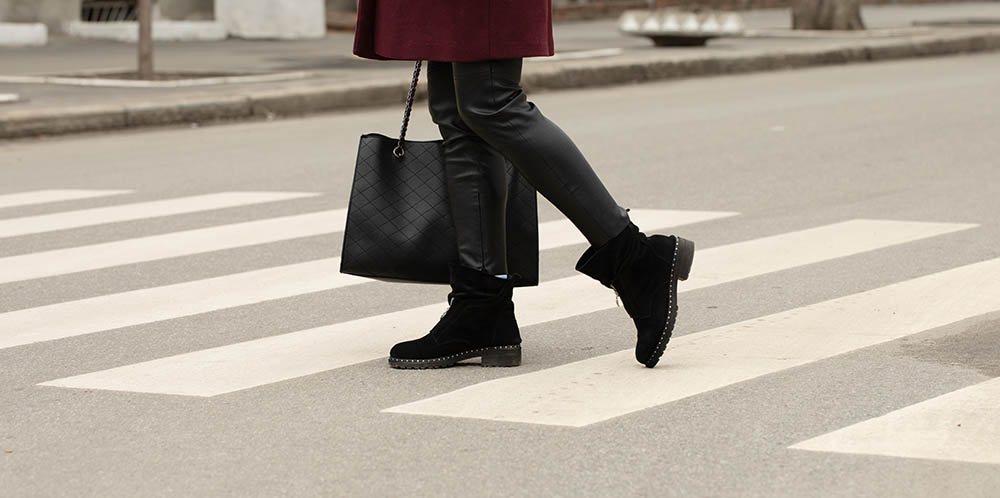

About the author: Stuart McClure, co-founder of LovetheSales.com
Stuart has 14 years working in top level management, hiring teams of up to 30 people. Since starting LovetheSales.com Stuart has been through hundreds of applications of fashion grads, hiring a range of people from interns to Merchandisers, content writers and Marketing & PR professionals.
